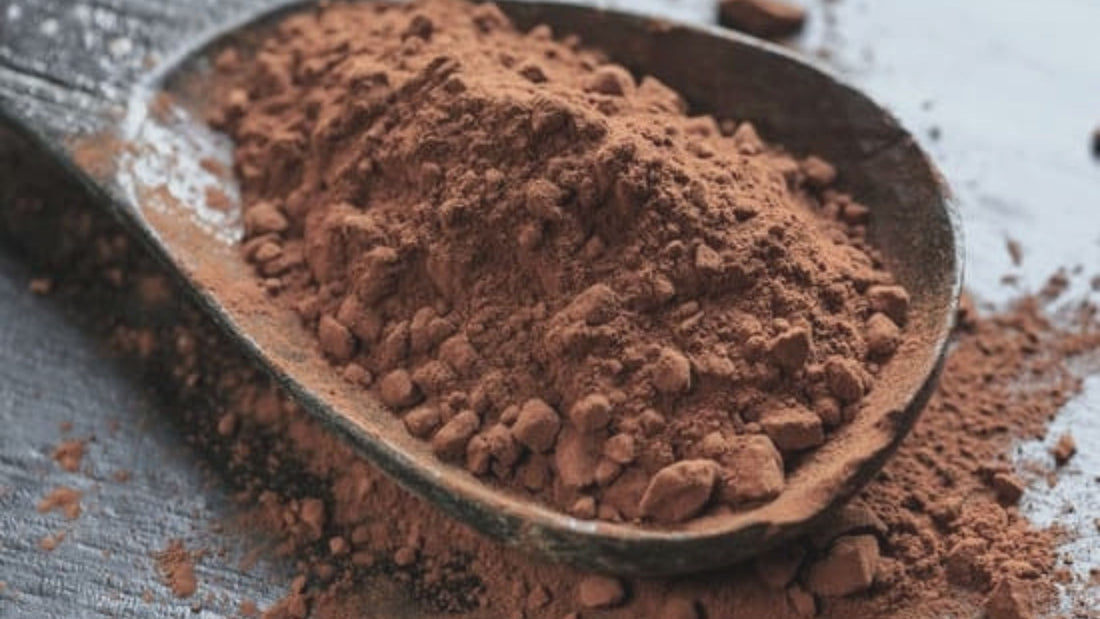
The History and Origins of Coffee: From Ancient Legends to Global Phenomenon
Brandon PopperShare
Coffee, the beloved beverage that kickstarts mornings and fuels late-night creativity, has a rich and fascinating history that spans centuries and continents. Its journey from a mysterious red berry to the globally cherished drink we know today is a tale woven with intrigue, innovation, and cultural significance.
Ancient Origins: The Ethiopian Legend
The story of coffee's discovery is steeped in legend. According to Ethiopian folklore, coffee was discovered by a goat herder named Kaldi around the 9th century. Kaldi noticed that his goats became unusually energetic after eating red berries from a certain shrub. Curious, he tried the berries himself and experienced a similar boost in energy. He shared his discovery with a local monastery, where the monks found that the berries helped them stay awake during long hours of prayer. This serendipitous discovery marked the beginning of coffee's journey.
The Spread to the Arab World
By the 15th century, coffee had made its way to the Arabian Peninsula, where it was cultivated and traded extensively. Yemen became the primary hub for coffee production. The beans were initially consumed in the form of a drink called "qahwa," derived from the Arabic word for wine. Sufi mystics used coffee to stay alert during their nocturnal devotions, and it quickly spread to the broader Islamic world. Coffeehouses, known as "qahveh khaneh," began to appear in cities across the Middle East, becoming centers of social interaction, intellectual discourse, and cultural exchange.
European Introduction and Expansion
Coffee's arrival in Europe in the 17th century sparked both fascination and controversy. Venetian traders were among the first to introduce coffee to the continent, and it quickly gained popularity in cities like Venice and Vienna. The first coffeehouse in Europe, known as "The Angel," opened in 1654 in Oxford, England. These coffeehouses, or "penny universities" as they were often called, became hubs for intellectual and social gatherings, frequented by artists, writers, and merchants.
Despite its growing popularity, coffee faced opposition from certain quarters. In some instances, it was labeled as the "bitter invention of Satan," prompting Pope Clement VIII to intervene. After tasting coffee himself, the Pope declared it a Christian beverage, quelling the controversy and paving the way for its acceptance.
Coffee Cultivation and the Birth of Global Trade
The demand for coffee continued to grow, leading to the establishment of coffee plantations outside of the Arabian Peninsula. The Dutch were instrumental in spreading coffee cultivation to their colonies in Java and Ceylon (modern-day Sri Lanka) in the late 17th century. By the 18th century, coffee had spread to the Americas, with the French introducing it to the Caribbean and the Portuguese to Brazil.
Brazil's entry into the coffee trade marked a significant turning point. With its vast plantations and ideal growing conditions, Brazil became the world's largest coffee producer by the 19th century, a position it still holds today. Coffee production also expanded to other regions, including Central America, Africa, and Southeast Asia, making it a truly global commodity.
The Evolution of Coffee Culture
As coffee production and trade flourished, so did coffee culture. The 19th and 20th centuries saw the rise of various brewing methods, from the Italian espresso machine to the American drip coffee maker. Each method brought its own unique flavor profile and preparation style, enriching the coffee experience.
In the late 20th century, the specialty coffee movement emerged, emphasizing high-quality beans, artisanal roasting, and sustainable practices. Coffeehouses like Starbucks played a significant role in popularizing specialty coffee and creating a new coffee culture that emphasized community, craftsmanship, and ethical sourcing.
A Timeless Brew
From its mythical origins in the Ethiopian highlands to its status as a global cultural icon, coffee has come a long way. It has transcended borders and cultures, evolving into a beverage that is not just enjoyed but celebrated around the world. Whether savored in a bustling coffeehouse or brewed at home, coffee remains a timeless elixir that continues to inspire and connect people across the globe.